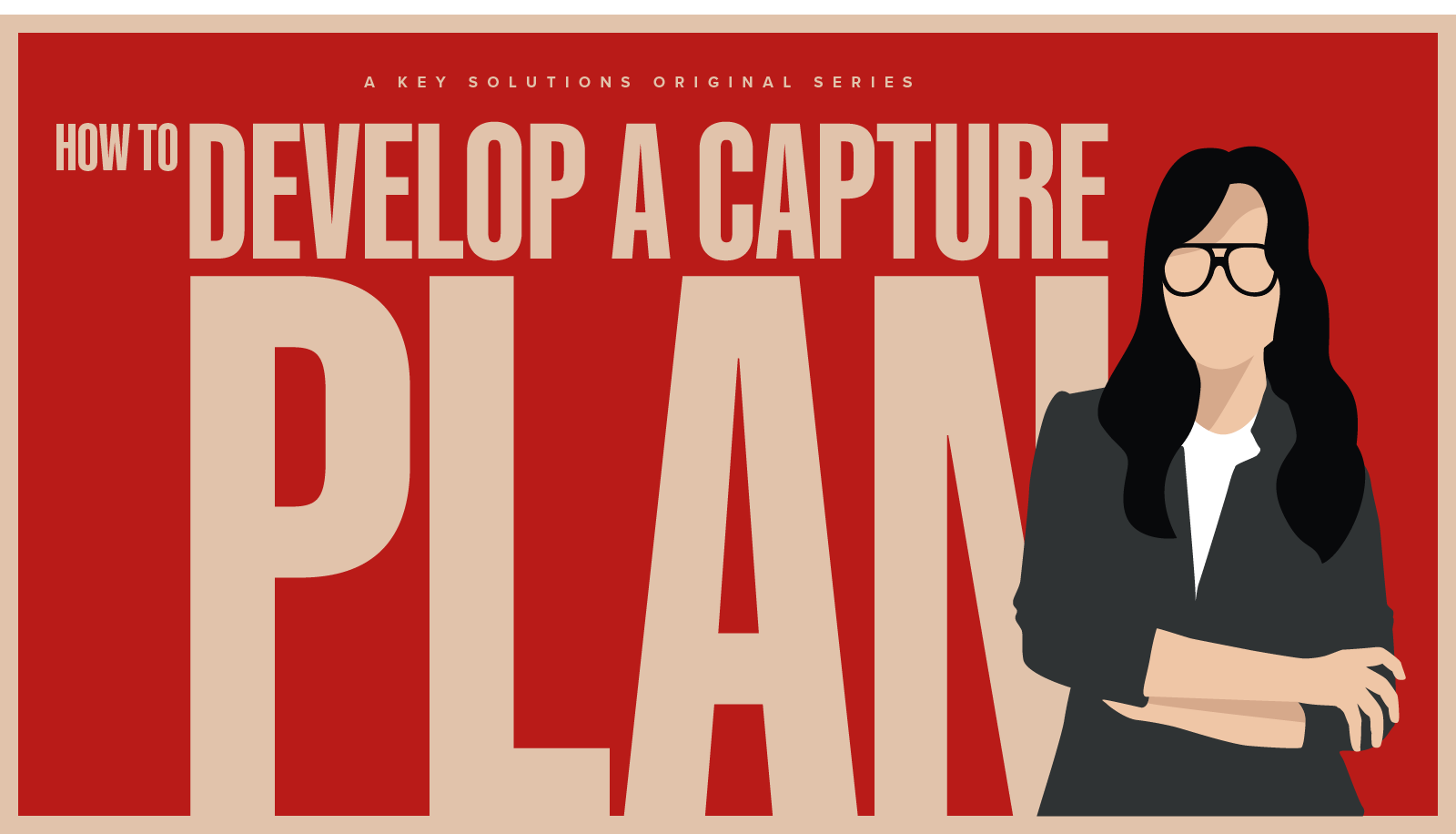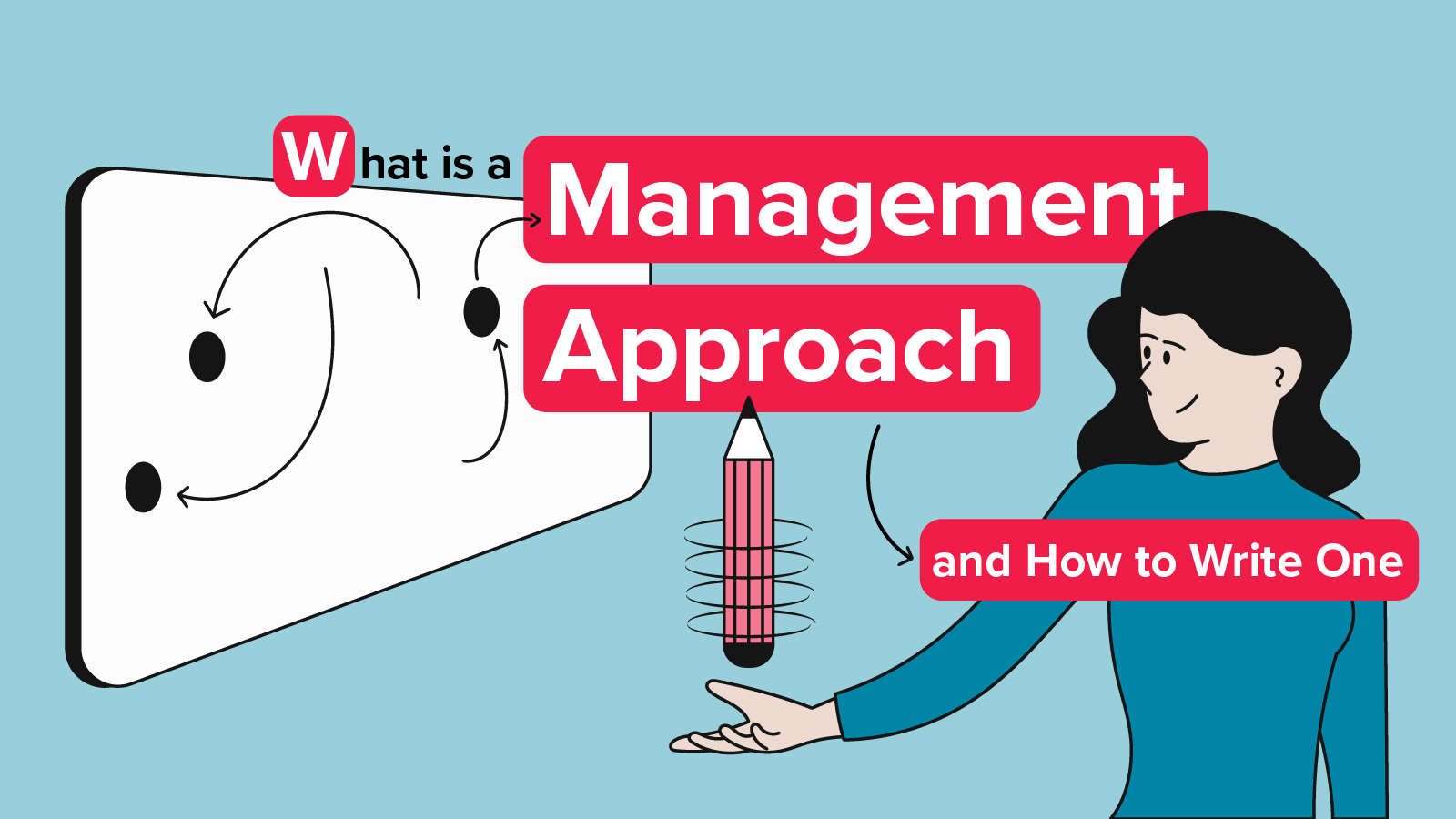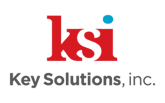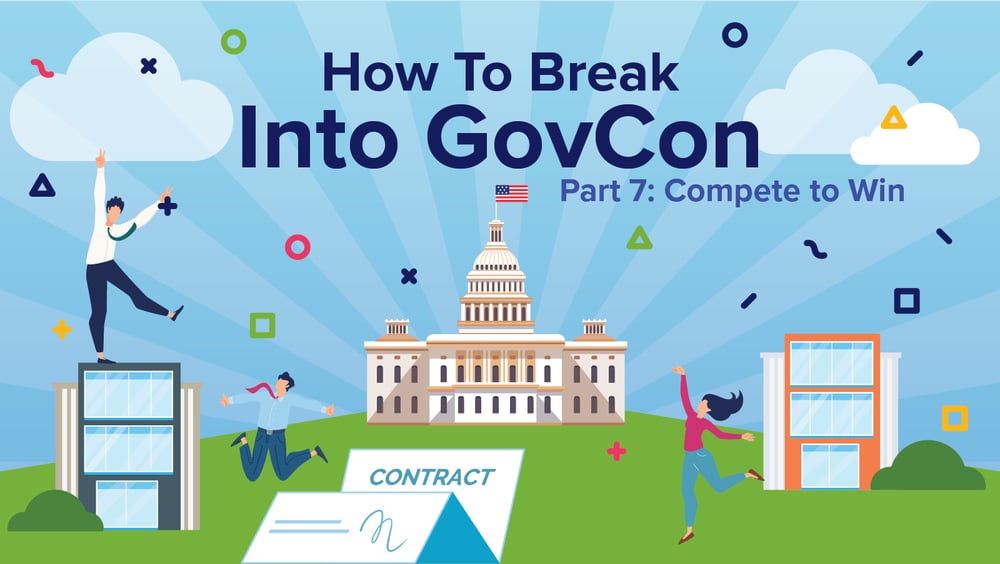
Like an Olympic athlete who must train, practice, and then qualify to compete, succeeding in the federal market also requires long-term preparation and planning. But you want to do more than simply qualify. You want to win. This article identifies strategies and tools you can use to increase your win probability.
This is the final post in a series of articles focusing on key strategies that enable small businesses (SB) to succeed in federal contracting. In case you missed any, you can access them here:
- Introduction
- Clarify Your Brand
- Confirm Your Prospects
- Connect with Customers
- Conquer Roadblocks
- Capture Opportunities
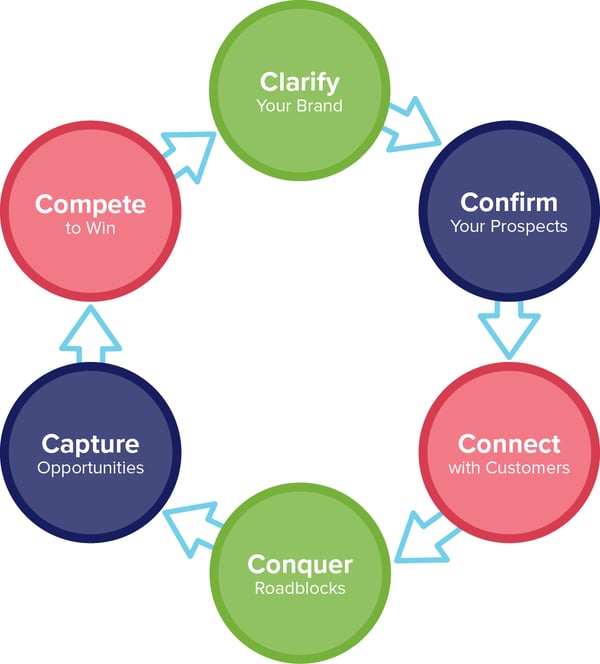
Compete to Win—the sixth step to succeed in GovCon
Proposal development takes considerable time and effort, including understanding your customer, competitors, and company’s strengths. All of this information gets integrated into a written response to an RFP’s stated requirements. Winning business through a proposal requires meticulous planning and a structured but flexible proposal process.
Understanding Proposal Development
Proposal development begins as soon as you decide to pursue and bid on an opportunity. A winning proposal takes weeks and sometimes months to produce. It is usually impossible to salvage a proposal if you wait until the eleventh hour to start the process. This is not only costly but disastrous because quality revisions and production become next to impossible.
Successful proposal development aims to accomplish as much as possible as early as possible. Building in time to plan and design your response ensures you adequately identify, address, and resolve critical issues concerning your technical solution and win strategy. Moreover, by front-loading the effort, the Proposal Manager and Proposal Team remain in control of the entire proposal effort, increasing the likelihood of on-time submissions.
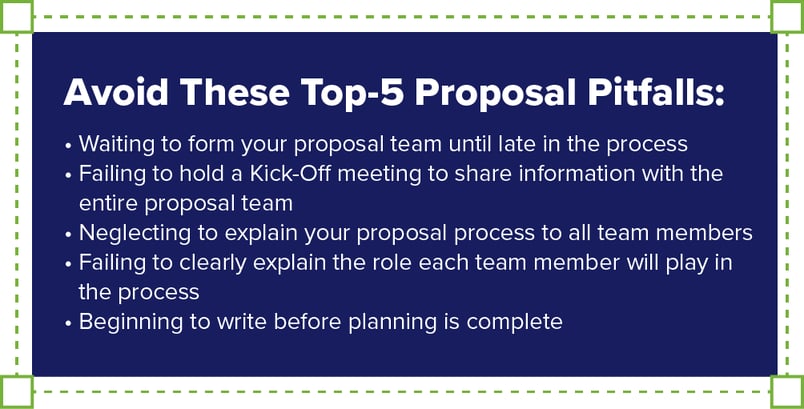
Identifying the Proposal Team
Once your company decides to bid on an opportunity, you should establish the Proposal Team who will support the proposal development process. The core Proposal Team usually consists of the Capture Manager, Proposal Manager, Proposal Coordinator, and Volume Managers. Ideally, the core Proposal Team supports the process from proposal start to final submission.
The Proposal Manager should develop a proposal organization chart that outlines the Proposal Team. The graphic below shows the standard structure needed to support most Request for Proposal (RFP) responses. The Proposal Manager can streamline the structure if the proposal effort is small or if they’re working with limited resources. Streamlining usually consists of combining positions and responsibilities.
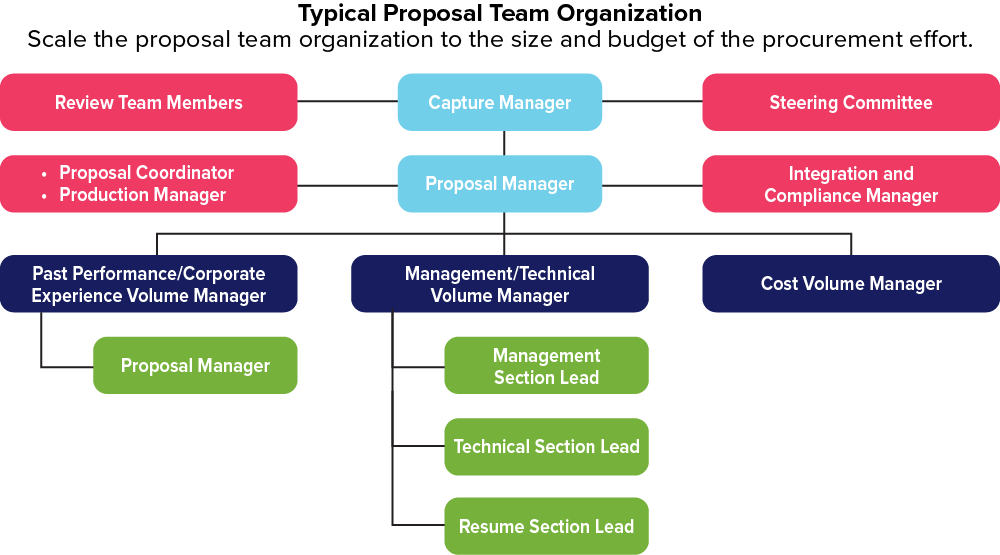
Since each proposal has its unique requirements, the Proposal Manager determines the responsibilities and assigns roles after reviewing the RFP and considering any company constraints. The Proposal Manager includes a roles and responsibilities matrix in the Proposal Management Plan. During the proposal Kickoff Meeting, the Proposal Manager reviews the roles and responsibilities with the entire Proposal Team to ensure everyone clearly understands how they will support the proposal effort. The graphic below lists common Proposal Team roles and responsibilities. You can adjust the composition of your Proposal Team to fit the size of any opportunity.
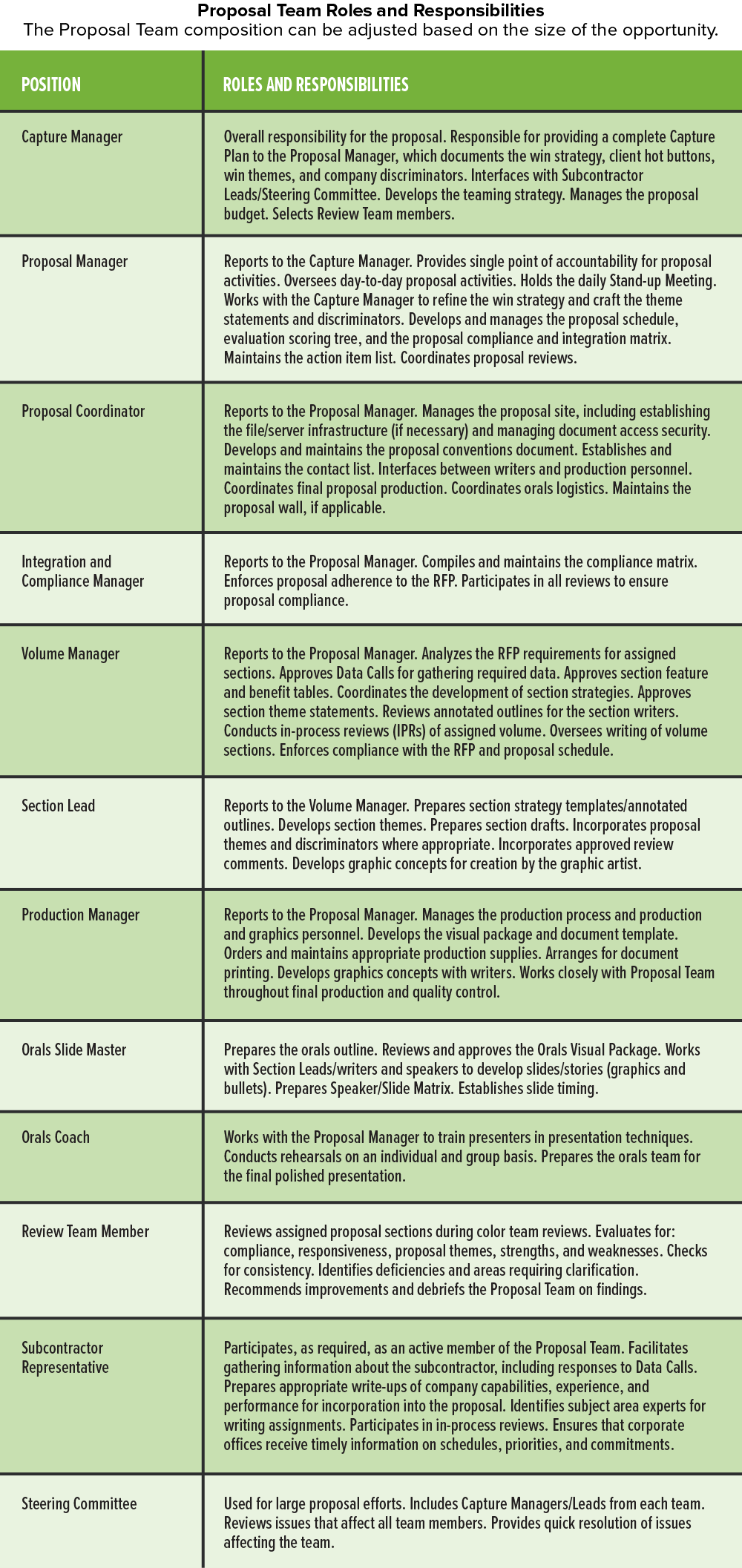
Developing the Proposal Infrastructure
The Proposal Manager, Proposal Coordinator, and Production Manager should meet early in the process, preferably before the final RFP release, to define the proposal’s infrastructure needs. Proper set-up and implementation of the proposal infrastructure enables smooth day-to-day functionality and workflow, facilitates communication, maintains organization, and allows the Proposal Team to focus on proposal development.
Many Proposal Teams work within an established collaboration portal that serves as the central repository for all proposal-specific content. Companies are increasingly turning to applications like SharePoint, Privia, and Virtual Proposal Center (VPC) to manage and control large volumes of information, enable writer collaboration, and better support color reviews and final proposal production.
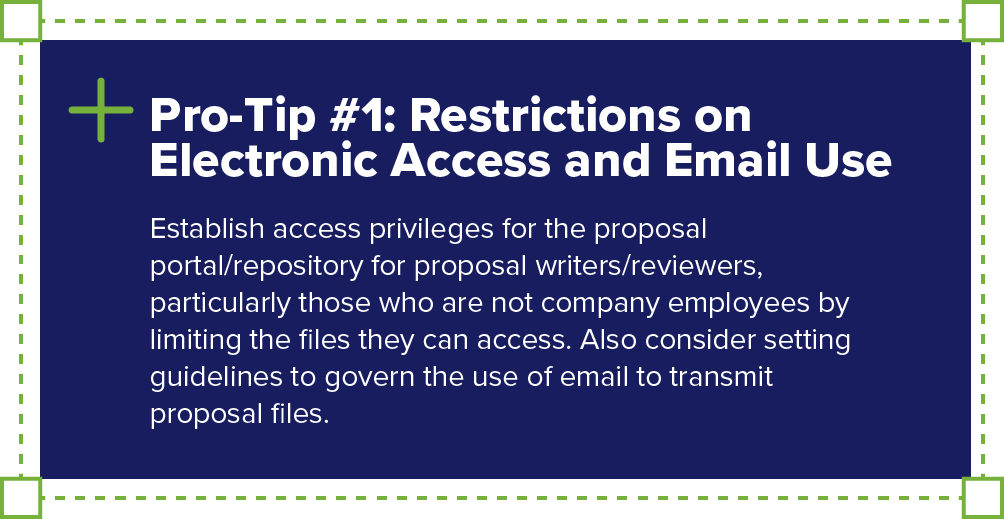
Managing Proposals Effectively
If your Bid and Proposal (B&P) budget and resource availability allow it, we recommend starting full-scale proposal development activities at the release of a draft RFP. This allows the Proposal Team to get a head start on activities like designing a solid technical solution; assessing competitors; identifying customer hot buttons, issues, and concerns; selecting relevant past performance; drafting key personnel resumes; developing win themes, and identifying proof points that support your overarching themes and technical solutions. With the release of the final RFP, the Proposal Team ramps up to begin shaping the proposal response. Key activities during this phase include:
- Conduct RFP Read-Throughs – Within 24 hours of the RFP release, all Proposal Team members should read the entire RFP to develop a clear understanding of all requirements.
- Develop Questions for Government Clarification - After the initial read-through, the Proposal Team should review the RFP more closely with a focus on responding to the RFP as well as performing the work. The Proposal Manager should provide the Proposal Team with a process for developing and submitting questions for review. Questions should focus on clarifying vague, confusing, or inconsistent requirements. The Proposal Manager will work with the Capture Manager to submit questions to the Government’s designated point of contact.
- Develop the Proposal Management Plan (PMP) – The Proposal Manager prepares the PMP for distribution at the Proposal Kickoff Meeting, either in hard copy or electronically via the proposal collaboration portal. The PMP serves as the operations plan for the Proposal Manager and Proposal Team members. This document includes key proposal elements, including the win strategy, major themes, team discriminators, and customer hot buttons. It contains much of the information from the Capture Plan developed during the Capture Phase. The PMP includes the proposal development schedule with milestones, proposal assignments, page allocations, detailed annotated outlines, key graphics, and other pertinent data. Additionally, the PMP should include contact information for team members and instructions for writers. The PMP is a must-have document when short-term transitory writers are in and out of the proposal at various stages of the process.
- Draft the Proposal Schedule – The Proposal Manager develops and sets the Proposal Schedule. The Proposal Schedule provides a detailed guide for the proposal effort at any given time, highlighting milestones such as when questions are due and when Pink Team, Red Team, Gold Team, and White Glove Reviews will occur. The schedule should be realistic, accounting for writing and reviews, editing, final production, and proposal submission. The schedule must reflect any required executive/management reviews and sign-off activities.
- Construct Writer/Section Outlines – The Proposal Manager develops writer outlines based on the RFP’s instructions, evaluation criteria, and Statement of Work (SOW) and/or Performance Work Statement (PWS). The outlines usually contain all relevant requirements applicable to the writer’s assigned sections. It might also include page allocations, win themes, and instructions or guidance about the company’s solution.
- Hold the Proposal KO meeting – The Kickoff Meeting is a critical milestone on the Proposal Schedule and typically occurs 2-3 days after the final RFP release. It provides information, direction, and motivation to the Proposal Team. Key objectives of the Kickoff Meeting include providing the entire Proposal Team with an overview of the solicitation/opportunity, an understanding of proposal roles and writing assignments, a review of the proposal schedule, a summary of the proposal management process, and an opportunity to ask questions and form a cohesive and collaborative team.
- Begin Writing - Proposal writing is an iterative process. With each review cycle, the proposal becomes stronger, moving beyond just being compliant to becoming more compelling and persuasive to the customer. Writers should include all applicable information contained in the PMP to strengthen their sections. They should also consistently save their working iterations in the designated working folder on the proposal portal. Uploading progress nightly enables the Proposal Manager, and Volume Managers/Section Leads to routinely review section progress and help strengthen sections before and in-between review cycles.
For a comprehensive understanding of the proposal development process and its various activities, we recommend the KSI Advantage ™ Capture and Proposal Guide. It is a helpful go-to resource that includes templates and tips you can tailor to enhance your existing proposal process and capabilities.
Closing
Winning proposals require time and preparation. Planning allows you to design and develop a response that is not only compliant but persuasive and compelling. A flexible, yet well-defined proposal process, coupled with effective and efficient tools and team members, sets the foundation for successful proposal development.
Call to Action
We recognize that many small businesses lack the resources and time to develop a robust proposal development process. We’re here to help. KSI offers comprehensive proposal support services, including:
- Proposal Consultants (including managers, coordinators, writers, editors, and graphics artists)
- Mini Engagement Service (ideal for a small business that wants more streamlined support, it includes a strategy session, pre-proposal planning, and an in-process review of the proposal)
- Proposal Process Assessment and Improvement
- Proposal Development Training
- On-Demand Services (editing, desktop publishing, compliance checks, and color reviews)
References
- KSI Advantage™ Capture & Proposal Guide




